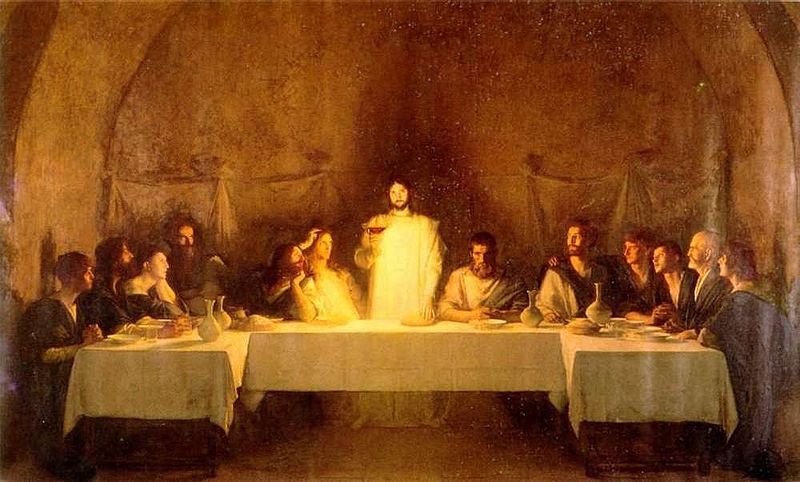The night before Jesus gave His life for us, just hours before He was arrested, beaten, and falsely accused, He gave His disciples a new commandment—to love each other, just like Christ loved them. By this love would people forever recognize the followers of Jesus. (John 13:34–35.)
Christ had talked about love before. He told the Pharisees that the greatest commandment was to love God, and the second was to love other people as much as we loved ourselves (Matt. 22:34–40).
But on that last night with the disciples, Christ told them to reflect the same kind of love that He would show on the cross—pure, sacrificial, enduring love. Christ would submit Himself to pain, rejection, and shame, all to bring people back to their Creator Father (John 17:20–26). Like any good leader, Christ did not ask His followers to do something until He showed them it could be done.
We could never reflect that kind of love without God’s help. So, God pours His love into us through the gift of His Spirit (Rom. 5:5), and that love grows around us like fruit on a tree (Gal. 5:22–24). When people see that love, they know that something or Someone special is working through us.
We must serve with love—we cannot survive without it.
Note what is useless without love. Paul writes in 1 Corinthians 13:1–3 that...
- Even if he could speak in all the languages of Earth and heaven
- Even if he had the power of prophecy
- Even if he understood all the knowledge and mysteries of the universe
- Even if he had faith enough to move a mountain
- Even if he sacrificed everything, including his own life
- Even if he had all these things—if he had no love, if the goodness of God did not flow through him, all his knowledge and power and faith and sacrifice would be utterly worthless
To be truly godly, we must reflect all of God’s character. We must be just, true, and righteous, yes, but we must also be loving. If we do not love others, we do not give them a complete picture of God.
People rarely listen to others who don’t care for them. If we try to serve without love, we might fool some people in the short term, but over time, our lack of love will become more obvious. Our true motivations—selfishness, a desire for reward or recognition, a need to be needed—will appear.
Related Resource
This post taken from Love & Truth: Navigating Relationships with God's Grace
Painting: Last Supper by Pascal Adolphe Dagnan-Bouveret (1896, Public Domain)
More Posts







